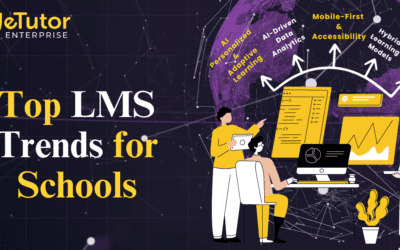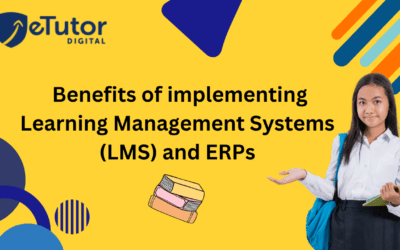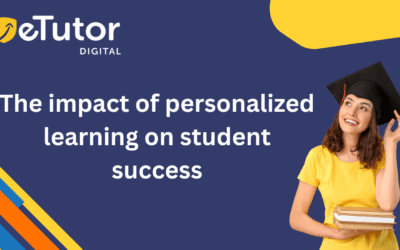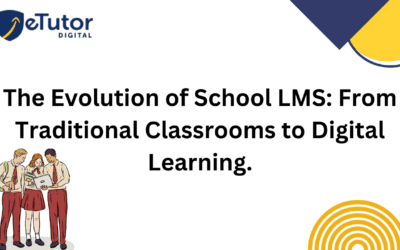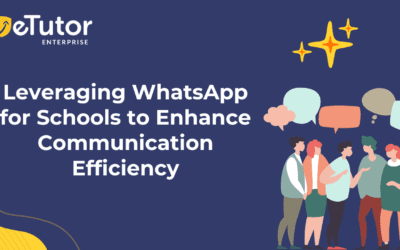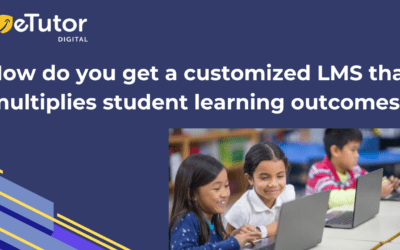Skills-Based Learning: Benefits and Strategies
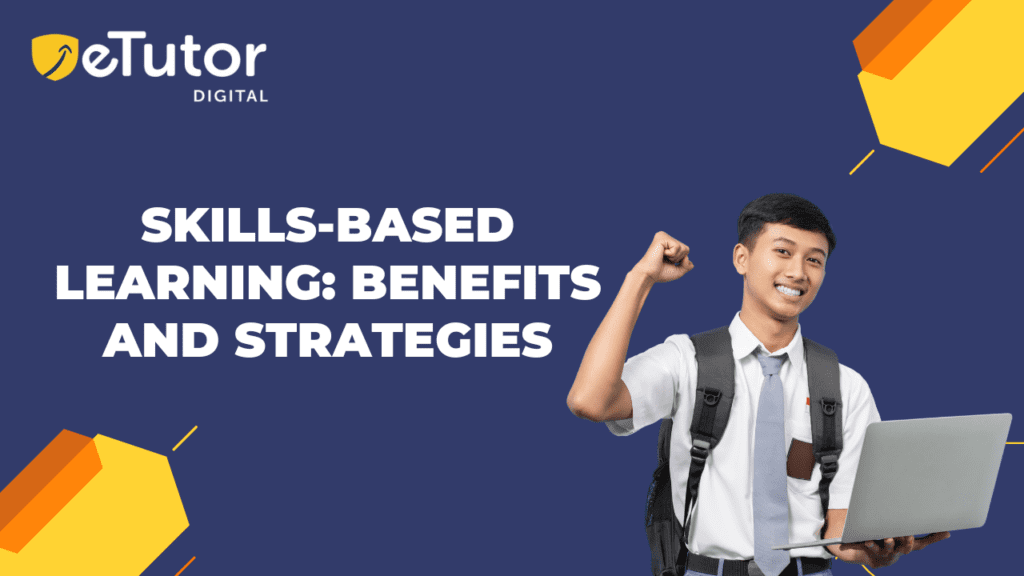
Introduction
Today’s higher education students prioritize return on investment, seeking studies that provide both knowledge and tangible results. To address this, institutions are adopting skills-based learning, emphasizing practical experience for better workforce preparation. This article explores skills-based learning, its best practices, and its benefits.
What is skill-based learning?
At its core, skill-based learning revolves around the acquisition and mastery of practical abilities through hands-on experience and targeted practice.
Unlike traditional educational models that focus primarily on disseminating information, skill-based learning places greater emphasis on developing competencies and proficiencies that are directly applicable in various contexts. Whether it’s honing critical thinking, problem-solving, or communication skills, this approach prioritizes the acquisition of tangible capabilities that empower individuals to navigate challenges effectively.
Why it is important?
The importance of skill-based learning cannot be overstated in today’s fast-paced and complex world. In contrast to knowledge-based learning, which often prioritizes memorization and regurgitation of facts, skill-based learning equips learners with the tools they need to thrive in diverse environments.
By fostering a deeper understanding of concepts through practical application, it enables individuals to tackle real-world problems with confidence and agility
Moreover, in an era characterized by rapid technological advancements and job automation, the ability to adapt and learn new skills quickly has become indispensable for staying competitive in the workforce.
Skills-Based Learning vs. Knowledge-Based Learning
Benefits of skill-based learning
Skills-based learning emerges as the beacon of education. It draws students to institutions that promise to equip them for the dynamic demands of the workforce. Yet, it transcends mere outcomes, fostering active engagement throughout the educational journey as learners progress towards mastery. Let’s delve into the core advantages of this approach.
Indeed, in the realm of education, the pursuit of skills-based learning not only prepares students for the future but also empowers them to thrive in an ever-evolving landscape. Learn more about tracking and improving learning outcomes with eTutor LMS.
Strategies of skill-based learning
Institutions can effectively revamp courses and programs to prioritize skills-based learning and cater to their students’ needs. Here are several strategies to facilitate this transition:
By embracing these strategies, institutions can tailor their educational offerings to align seamlessly with the demands of the modern workforce, empowering students to thrive in their chosen careers.
Conclusion
In conclusion, skill-based learning represents a paradigm shift in education that prioritizes practical abilities over mere accumulation of knowledge. By focusing on the development of critical thinking, problem-solving, and other essential skills, this approach equips learners with the tools they need to thrive in an ever-changing world.
Moreover, by embracing strategies such as project-based learning and competency-based education, educators can create dynamic learning environments that foster creativity, resilience, and lifelong learning.
Recent Posts
- How School ERP Software Maximizes Productivity and Minimizes Cost
- How Does ERP Software for Schools Help Educators?
- Why Educational Institutions Need Online Exam Software in 2025
- How Is AI-Based ERP Software Transforming School Administration?
- Latest IIT-JEE & NEET Exam Trends 2025 | Key Changes in JEE, NEET 2025 Exams By NTA


